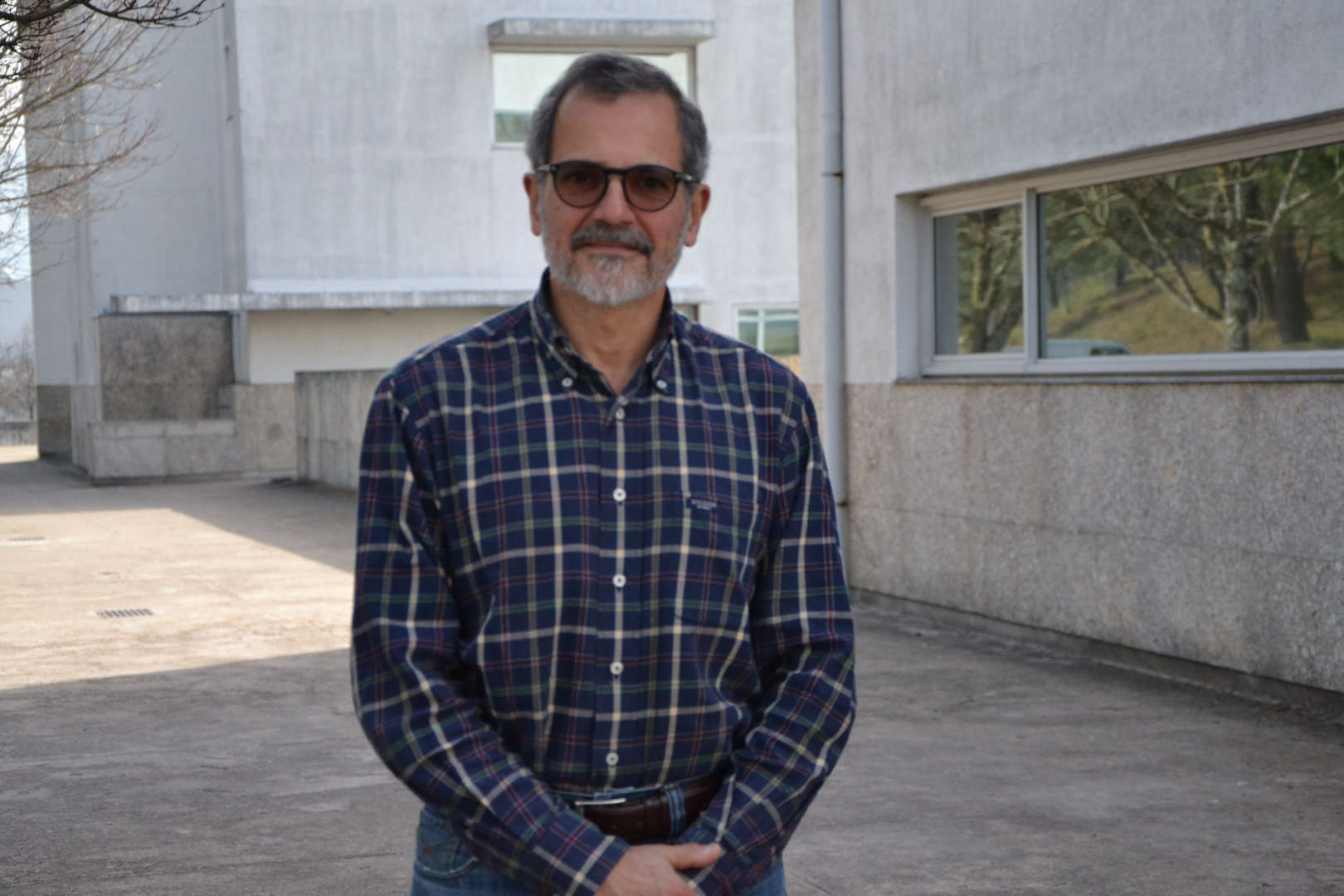Sobre
Sou Professor Associado da Universidade do Minho no HASLab / INESC TEC. Minha vida académica gira à volta do Software de Sistemas. Começou pela componente de vectorização de um compilador de Pascal para o Cray-1, depois vieram os sistemas operativos para sistemas multi-processador, a seguir foi middleware para sistemas móveis e distribuídos. Estando num grupo de ciências da computação com ênfase na correcção de programas, sempre senti interesse pelo impacto que a necessidade de desempenho (eficiência, tempos de resposta, disponibilidade, etc.) deve ter na arquitectura e configuração de sistemas de software.
Também sou co-fundador da Eurotux SA, uma empresa com foco em software aberto e em administração de sistemas e redes. Desde então evoluiu para o suporte a sistemas altamente escaláveis em ambientes de cloud.


